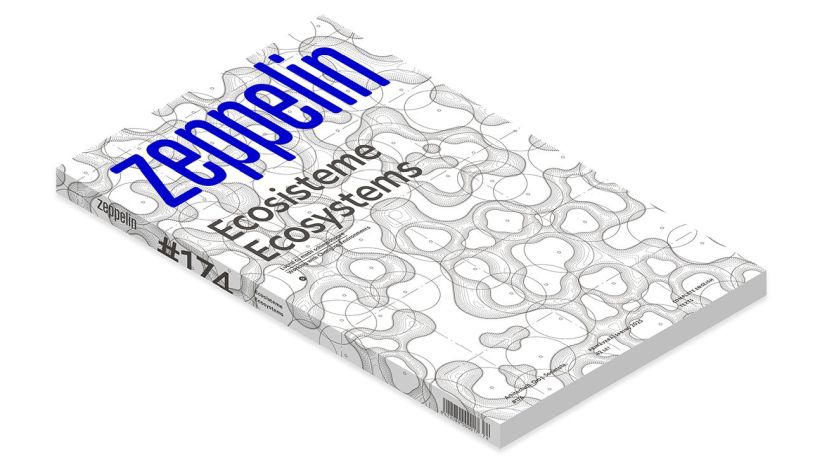“Godfatherly” capitalism vs. knowledge economy
We all know the whereabouts of the American researchers, the kind of studies in which they fit all sorts of things such as the brightness of your hair with sleep or intelligence with coffee addiction, but let me tell you a good one that might get to some climber, a smart and influential fellow at the top.
In a few words, in “Scientific American” I’ve come across an article that reads that the more educated the town population is, the more successful the economy and so are the wages, financial benefits and life standard. Phew, isn’t that something, bro! And so the American state (I hope everyone knows that line from Pintilie’s film, The Oak: “the American is the most stupid man on earth”) invented the grants on land for education. This is a partnership in which the state gave land to universities and research centers so that they could build their headquarters and labs, which led to consistent economic and social growth. Moreover, the article reads that urban economy grows more due to entrepreneurships and initiative; it blooms rather due to knowledge and skills than to infrastructure. To put into Romanian, you can build as many streets as you want if you don’t know how to make a cent from the opportunities they offer.
If investment in education can bring about profit in every domain, I wonder why the Romanian state wouldn’t be smart enough and act normally. Just imagine what some grants in land would mean for our culture and education? I know many serious institutions that would like to build a school, an academic campus or a research lab (ideally, even a concert hall or a museum). Well, talking about finance, city, public-private partnership and prosperity, I invite you all to the Zeppelin Festival to take place in November and December. This year, we’re going to attack this very topic: money, city, and architecture). So, be alert and come to meet professionals: architects, urban planners, politicians, economists, and business men. There is a big debate around this topic for you.

